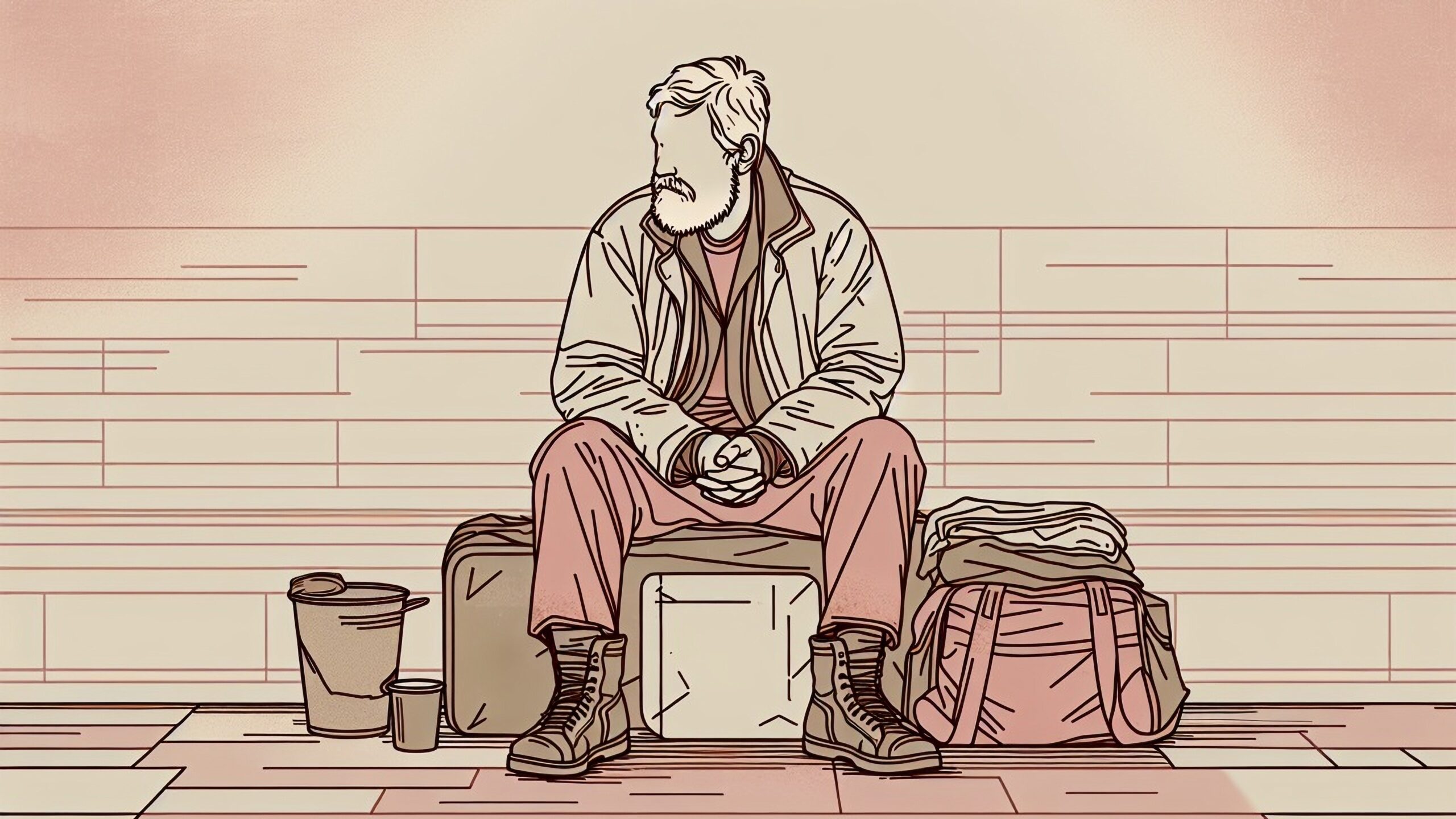Table of Contents
ToggleVeteran homelessness is a growing crisis in Australia, with thousands of former service members facing the harsh reality of living without stable housing. While veterans often return to civilian life with skills, resilience, and discipline, many find themselves struggling with financial hardship, mental health issues, and a lack of adequate support systems. These challenges leave some without a place to call home, a situation that no veteran should ever endure.
This article explores the factors contributing to veteran homelessness, the solutions being proposed, and how we, as a community, can make a difference.
The Veteran Homelessness Crisis
According to the Australian Institute of Health and Welfare, approximately 5,800 veterans accessed specialist homelessness services between 2016 and 2021, representing a concerning proportion of the homeless population. Veterans are particularly overrepresented among older Australians experiencing homelessness, reflecting the long-term challenges they face after service.
Homelessness among veterans isn’t just about the lack of housing. It is often linked to deeper issues such as mental health struggles, unemployment, or difficulty transitioning to civilian life. Without proper intervention, these challenges can escalate, leaving vulnerable veterans at risk.
For a deeper dive into the statistics and trends, refer to the Australian Institute of Health and Welfare report
Improving Veterans’ Mental Health Support
The report stresses the importance of creating an accessible, veteran-focused mental health system. Recommendations include:
- Increased Funding for Mental Health Services: Expanding resources for services that specifically address veterans’ unique needs, including trauma-informed care.
- Simplified Processes: Reducing administrative barriers that often deter veterans from seeking help.
- Collaboration with Specialists: Partnering with organisations like The Rosemary Centre to provide tailored assessments and mental health support.
At The Rosemary Centre, we are committed to supporting veterans with accessible telehealth psychiatric assessments and comprehensive documentation for DVA claims.
Learn more about how we assist veterans on our About Us page.
The Key Causes of Veteran Homelessness
- Mental Health Challenges
Conditions like PTSD, depression, and anxiety are common among veterans and can affect their ability to maintain stable employment or relationships. Without adequate mental health support, these issues often lead to financial and social instability. - Unemployment and Financial Hardship
The transition from military to civilian life is often difficult, with many veterans finding it hard to translate their skills into civilian employment. This, combined with a lack of job opportunities, leads to financial strain and housing insecurity. - Lack of Support Systems
Veterans who lack strong family or social support networks are more vulnerable to homelessness. Disconnection from community services further exacerbates the problem. - Limited Access to Affordable Housing
Australia’s housing crisis has made it increasingly difficult for veterans, particularly those on low incomes or pensions, to find affordable and stable housing.
These factors highlight the urgent need for targeted solutions to address the underlying causes of homelessness among veterans.
Veteran Housing Solutions
Specialist Support Services
Organisations across Australia, including veteran-specific charities and homelessness services, provide crucial support. These services often include case management, mental health counselling, and access to emergency housing.
Transitional Housing Programs
Programs that offer temporary housing while veterans secure stable employment and permanent housing have been effective in reducing homelessness. These programs often come with additional support, such as job training and financial advice.
Collaboration with Veteran Organisations
Groups like The Rosemary Centre work to address issues related to veteran homelessness by offering mental health assessments and support. Comprehensive psychiatric reports and guidance can be pivotal for veterans seeking compensation and assistance. Learn more about our services.
Affordable Housing for Veterans
One of the most significant barriers to stable housing for veterans is the lack of affordable options. Addressing this issue requires a collaborative approach, including:
- Increased Government Funding
Advocacy for more government-backed affordable housing initiatives specifically for veterans is essential. - Partnerships with Developers
Programs encouraging private developers to allocate housing for veterans can create long-term solutions. - Community Housing Projects
Establishing veteran-focused community housing ensures not only affordability but also access to support services.
For an in-depth look at strategies and solutions, read the Give Me Shelter report.
How You Can Help Veterans in Need
Donate to Veteran Housing Charities
Support organisations working directly with homeless veterans by donating money or goods. Every contribution helps fund vital programs and resources.
Advocate for Policy Change
Raising awareness about the veteran homelessness crisis and advocating for government action can drive meaningful change.
Volunteer Your Time
Many organisations rely on volunteers to provide support, whether through direct service delivery or behind-the-scenes assistance.
Support Mental Health Services
Access to mental health care is critical in preventing homelessness. At The Rosemary Centre, we provide telehealth psychiatric evaluations that can help veterans access compensation and support. Learn more about our process on our Our Processes page.
Conclusion: A Call to Action
Veteran homelessness in Australia is a pressing issue that demands immediate attention. By addressing the root causes, such as mental health challenges, unemployment, and housing affordability, we can work towards lasting solutions.
At The Rosemary Centre, we are committed to supporting veterans by offering mental health services that help them access compensation and resources. To learn more about how we can assist, visit our website or contact us directly. Together, we can create a future where no veteran is left without a home.
FAQs
What percentage of homeless people are veterans in Australia?
Around 5,800 veterans experience homelessness annually in Australia, representing 5.3% of recently transitioned Defence personnel. This is significantly higher than the 1.9% rate in the general population.
Who experiences homelessness the most in Australia?
Homelessness disproportionately affects Indigenous Australians, young people, older adults, and veterans. These groups face unique challenges, such as financial hardship, systemic disadvantages, and limited access to affordable housing.
What housing solutions are available for homeless veterans?
Veterans can access support through crisis accommodation, transitional housing, and long-term community housing programs. Organisations like Veteran Housing Australia and Specialist Homelessness Services (SHS) provide tailored solutions for veterans.
What is the role of veterans’ assistance programs in combating homelessness?
These programs provide financial aid, housing assistance, mental health services, and employment support to help veterans achieve stability and reduce the risk of homelessness.
How can the Australian government address veteran homelessness?
The government can increase funding for housing, expand mental health services, improve transition programs, and collaborate with veteran-focused organisations to provide comprehensive support for at-risk veterans.

